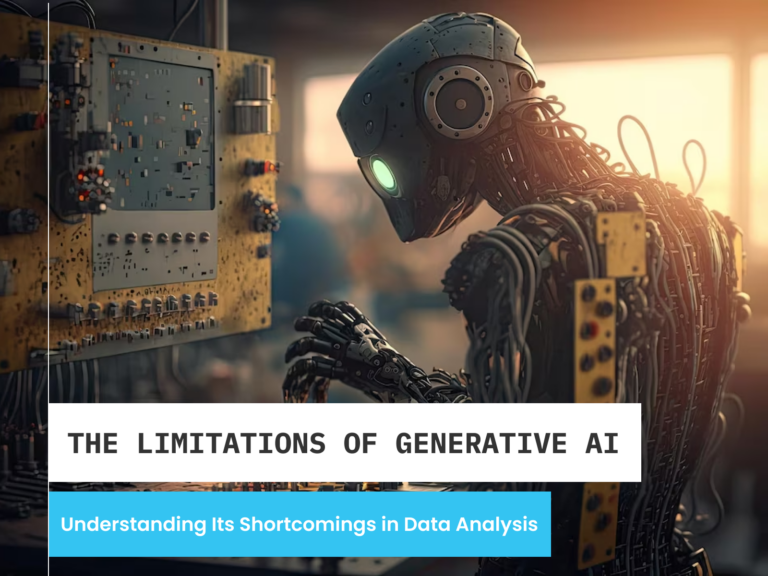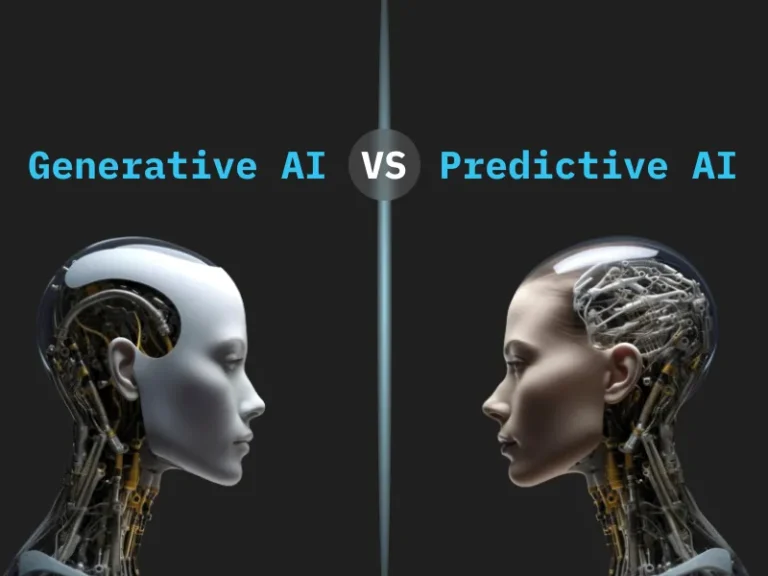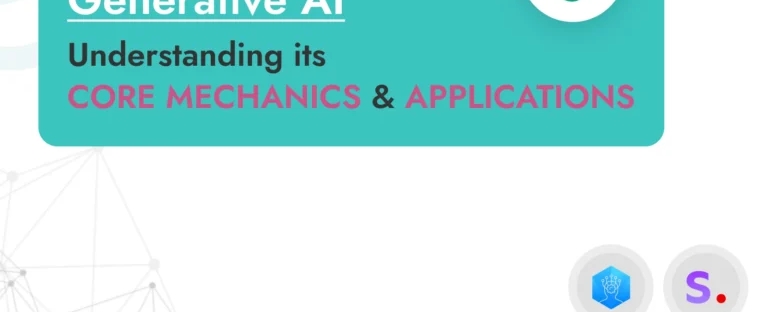
Summary:
Generative AI’s limitations in data analysis include a lack of human empathy, accuracy concerns tied to training data biases, and challenges in adapting to real-world changes. Emphasizing its role as a supportive tool, the article underscores the importance of human analysts for critical thinking and nuanced interpretation in data analysis.
Introduction
As Generative AI continues to revolutionize data analysis, its impact is undeniable. However, the pioneering technology is not without its constraints. In this exploration, we delve into the limitations of Generative AI, particularly in data analysis. From the nuanced realm of human understanding to concerns about accuracy and adaptability, we dissect the challenges that accompany this cutting-edge tool. Join us on a journey to unravel the intricacies of Generative AI and understand its role alongside human insight in shaping the future of data analysis.
The Nuanced Role of Data Analysts Beyond Generative AI’s Reach
While Generative AI tools are adept at processing vast amounts of data, they fall short of understanding the nuanced human elements behind the data. Generative AI cannot empathize and understand human motivations and desires, a key component of data analysis that only human analysts can provide. This limitation is significant in areas like customer behavior analysis and fraud detection, where human insight is crucial.
Accuracy and Reliability Concerns in Generative AI
One of the major concerns with Generative AI models is their accuracy. The quality of output from Generative AI, including Generative AI images and texts, heavily depends on the training data. Any biases or inaccuracies in the training data can lead to skewed or erroneous results. This limitation calls for human oversight to ensure the integrity and reliability of the analysis.
Read More: Generative AI: A Double-Edged Sword in Modern Data Analytics
Generative AI’s Inability to Keep Pace with Real-World Changes
Generative AI models, such as GPT-4, are trained on historical data, and updating these models with current information can be resource-intensive and time-consuming. Consequently, Generative AI often lags in keeping up with real-world changes, limiting its effectiveness in providing up-to-date analysis.
Challenges in Original Data Interpretation and Visualization
Generative AI’s capacity to analyze raw data and produce original visualizations is limited. The insights provided by Generative AI are largely derived from language patterns in the training data, and it cannot independently interpret or visualize data in novel ways. This drawback necessitates human analysts to step in and provide deeper, more original data interpretations.
Read More: The Future of Generative AI in Data Analysis: Trends and Predictions 2024
Integration and Implementation Challenges
The integration of Generative AI into existing systems poses its own set of challenges. For a Generative AI Development Company, ensuring that the AI tools align with current systems and processes is crucial. This often requires significant adjustments and adaptations, which can be resource-intensive. At Creole Studios, we understand these complexities and strive to streamline the integration process.
Critical Thinking and Data Literacy: The Human Edge
A fundamental limitation of Generative AI is its lack of critical thinking skills and inability to question the validity of its source material. Human analysts excel in this aspect, as they possess the necessary skills to evaluate data quality and identify potential biases. Generative AI, in its current state, cannot independently perform these critical evaluations, making human intervention indispensable.
The Role of Generative AI as a Supportive Tool, Not a Replacement
Generative AI, despite its advancements, should be viewed as a supportive tool rather than a replacement for human analysts. It can assist in generating text, identifying patterns, and exploring data. However, without human engagement and oversight, Generative AI’s outputs may lack the depth and originality required for nuanced data analysis.
The Impact on the Analyst Role
While Generative AI has not yet reached a stage where it can replace human analysts, it serves as a valuable assistant in the realm of Generative AI in Data and Decision-Making. For example, it can suggest code for data extraction and cleaning, propose data structures, and recommend analytical methods. However, the final interpretation and decision-making still rest with human analysts who bring their unique understanding of the data and the business context.
Future Outlook and Creole Studios’ Approach
Looking ahead, the role of Generative AI in data analysis will continue to evolve. It is expected to become more sophisticated and capable of handling a wider range of tasks. However, the human element in data analysis will remain crucial, as it brings a level of understanding and insight that Generative AI cannot replicate. As a Generative AI Development Company, Creole Studios is committed to developing Generative AI tools that complement and enhance human capabilities, ensuring a balanced and effective approach to data analysis.
Conclusion
In summary, while Generative AI has made significant strides in data analysis, it is important to recognize its limitations. Understanding these shortcomings allows businesses to leverage Generative AI effectively, ensuring that it serves as an asset rather than a liability. At Creole Studios, we are dedicated to exploring the full potential of Generative AI while acknowledging and addressing its limitations, as we lead our clients toward a future where data and human insight coexist harmoniously.
Source: Creole Studios






